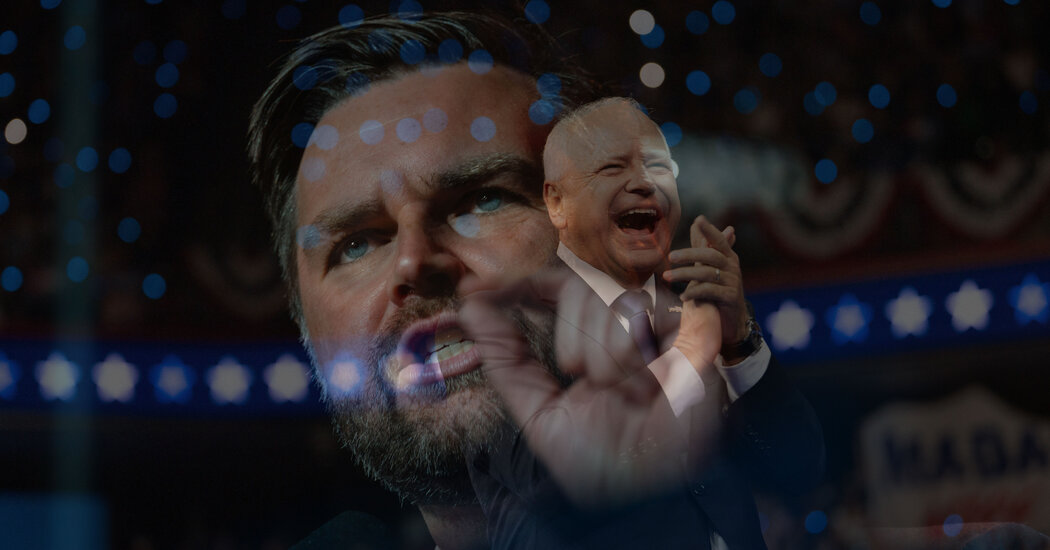- cross-posted to:
- [email protected]
- cross-posted to:
- [email protected]
The choice is clear. On one side, there’s the enlightened maleness embodied by Harris’s vice-presidential pick and her husband, Doug Emhoff. These are the good progressive dads, Rebecca Traister of New York magazine writes, the “nice men of the left” who do guy things like coach football but also manifest liberal and feminist virtues — like being “happily deferential” and “unapologetically supportive of women’s rights” and “committed to partnership” in marriage and politics alike. Walz especially is being held up all over as a paragon of liberal dadhood: “A regular guy,” Mona Charen of The Bulwark writes, “at a time when the country needs reminding that being a regular guy is actually pretty great.”
Then there is the other model, the dark side of the Y chromosome: the toxic masculinity of Donald Trump, the anti-cat-lady conservatism of JD Vance, all of them wrapped together in a package that Zack Beauchamp of Vox describes as “neo-patriarchy.” This is a worldview, he writes, that may claim to allow for more female agency than the older patriarchy but really just wants a “reversal of the feminist revolution,” in which men finally get to be he-men again while their wives stay home and rear four to seven kids.
If masculinity is on the ballot I think JD Vance is probably the against option.
And one of the candidates wears makeup.
3 of them I think
I think I understand the intent behind the term, but “happily deferential” rubs me the wrong way. I can’t see how to neatly encapsulate my preferred perspective, but to me the idea is to put the good of the family/team/social group as far as possible above personal ego.
Decisions need to be made and often no one person has a full understanding of the variables involved. To me “happily deferential” sounds like a thought terminating “yes dear” attitude. That is unattractive and bad for the survival of the group. I would prefer to be around someone with strong opinions, who is willing to defend them in a discussion without attaching their ego to their viewpoint.
Most importantly, when the decision is made, the group members need to be able to commit to the collective decision and not build up resentment if they disagree with it. If the parties to the decision aren’t of equal status this process falls apart.
Anarchist btw
The Times occasionally publishes pure drivel. Not their fault, really, but it happens.



